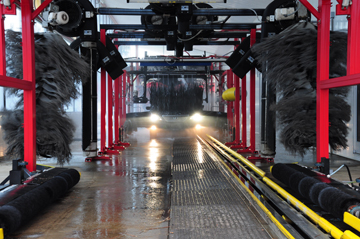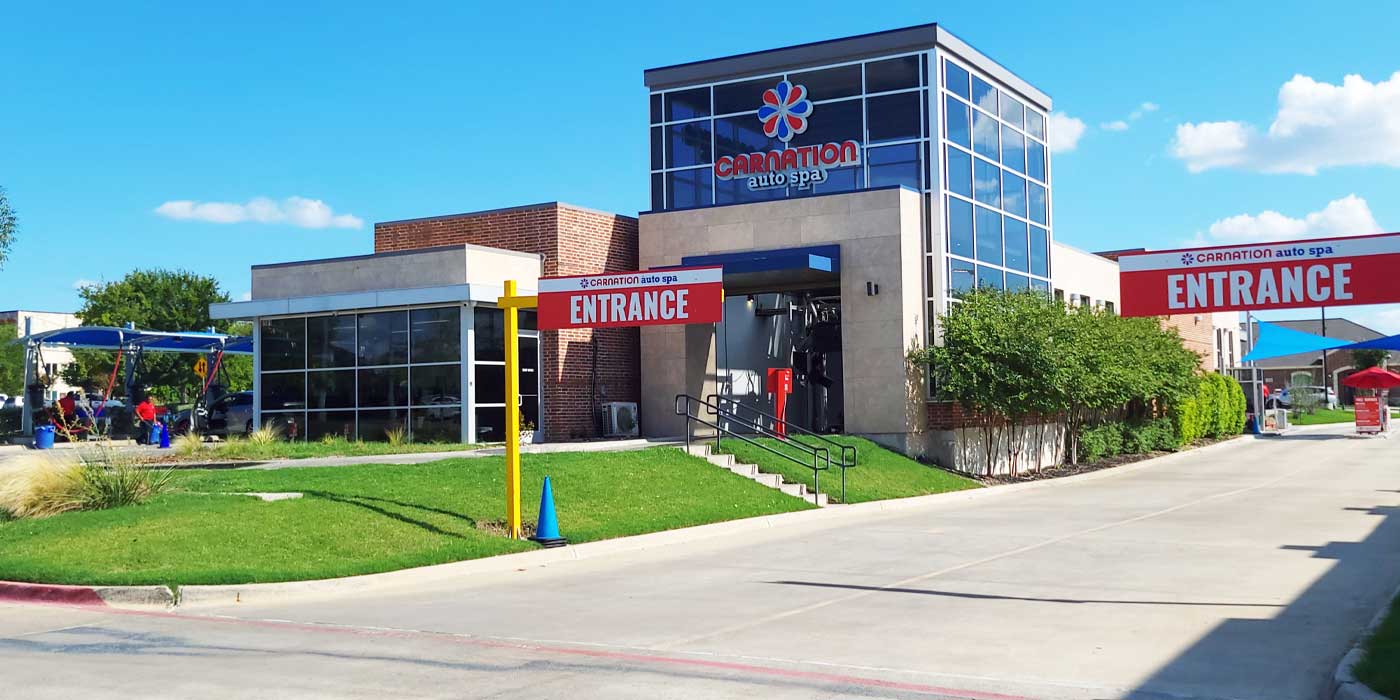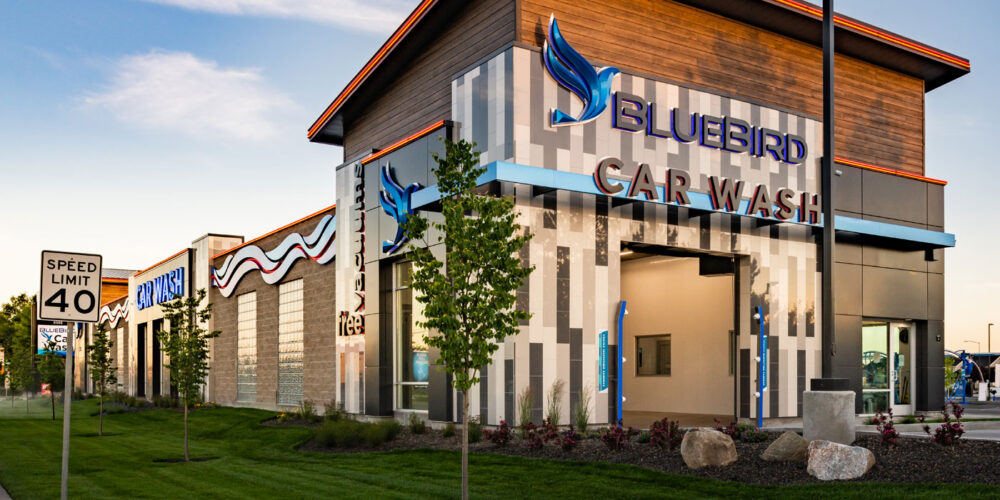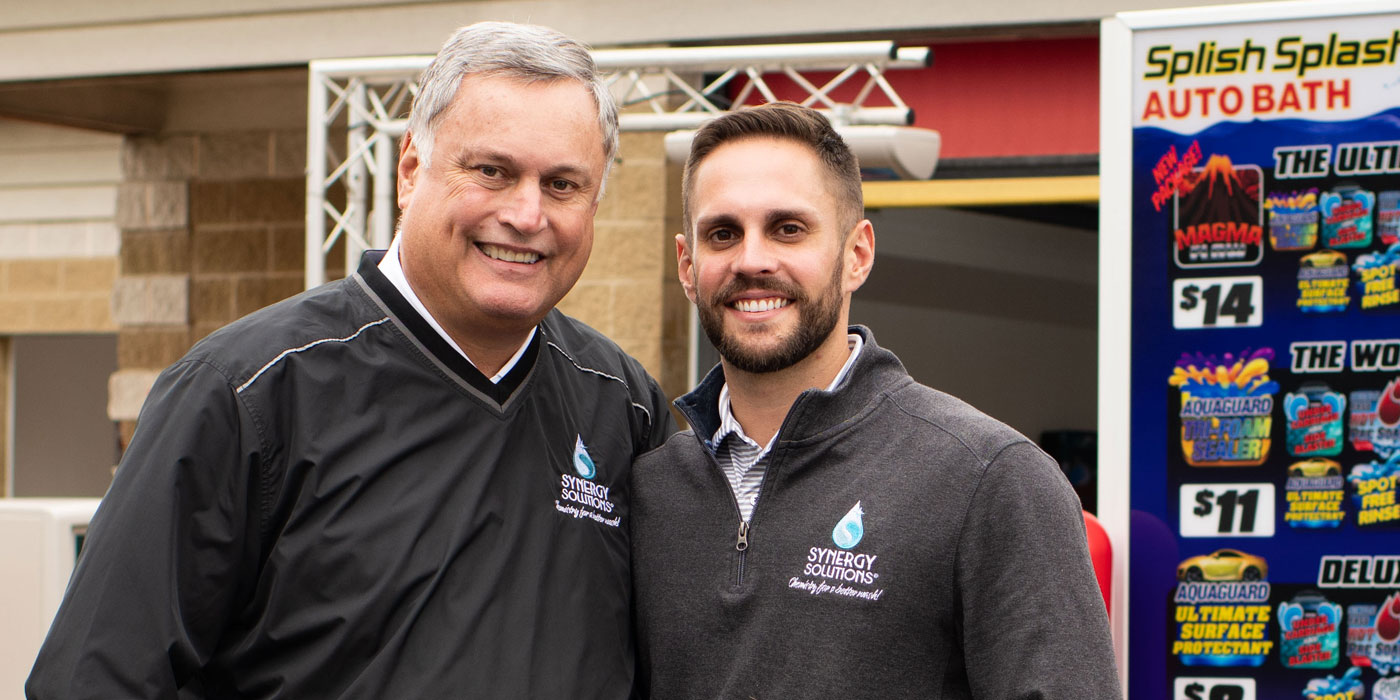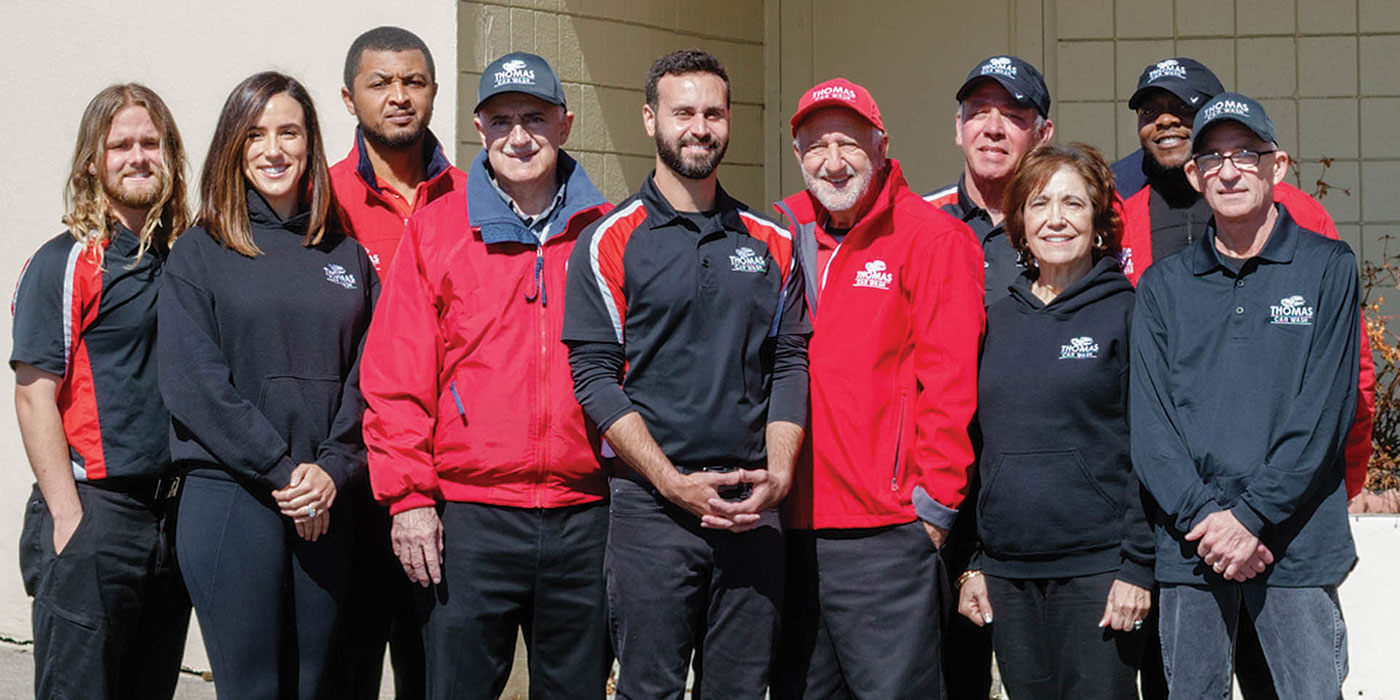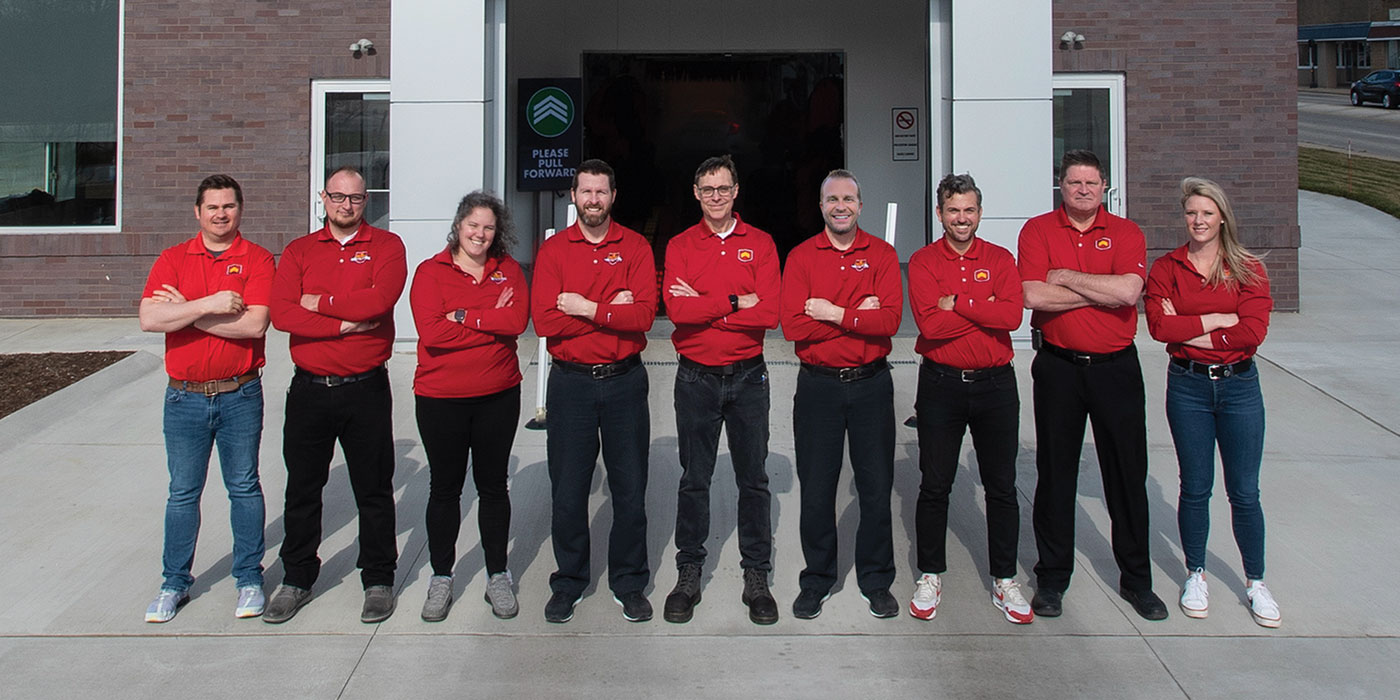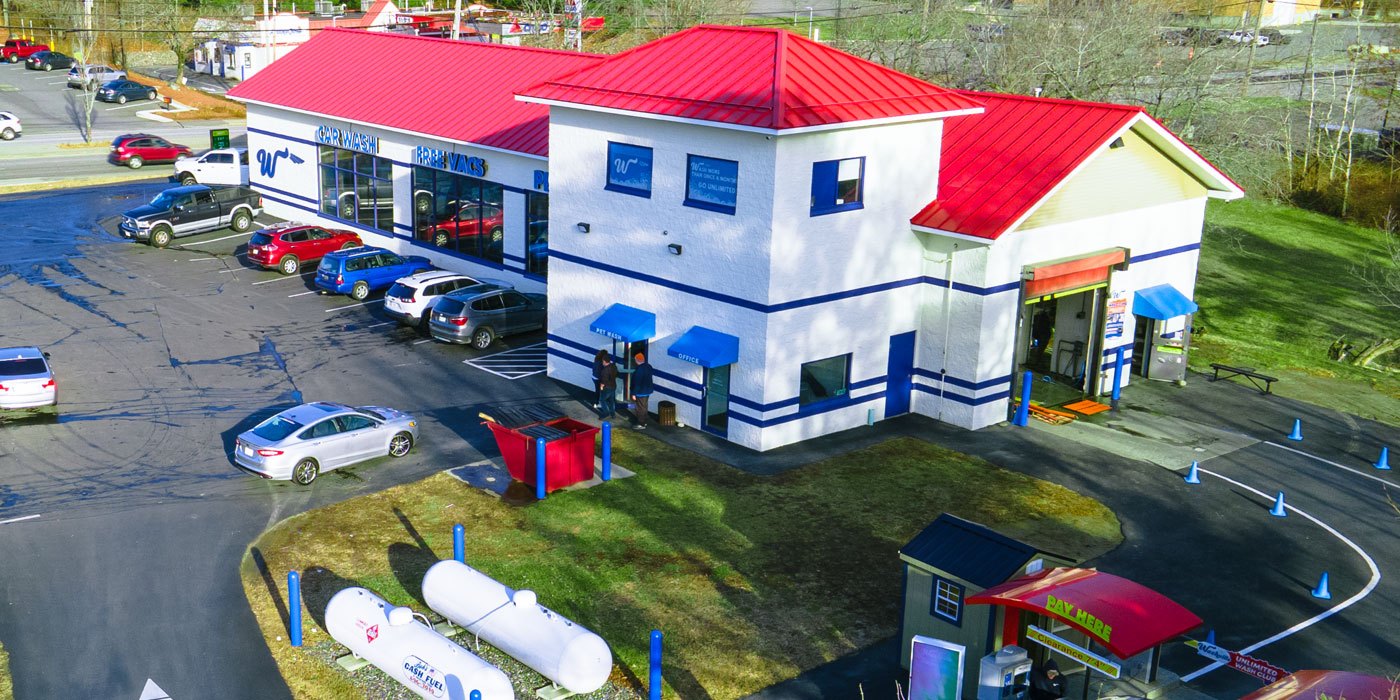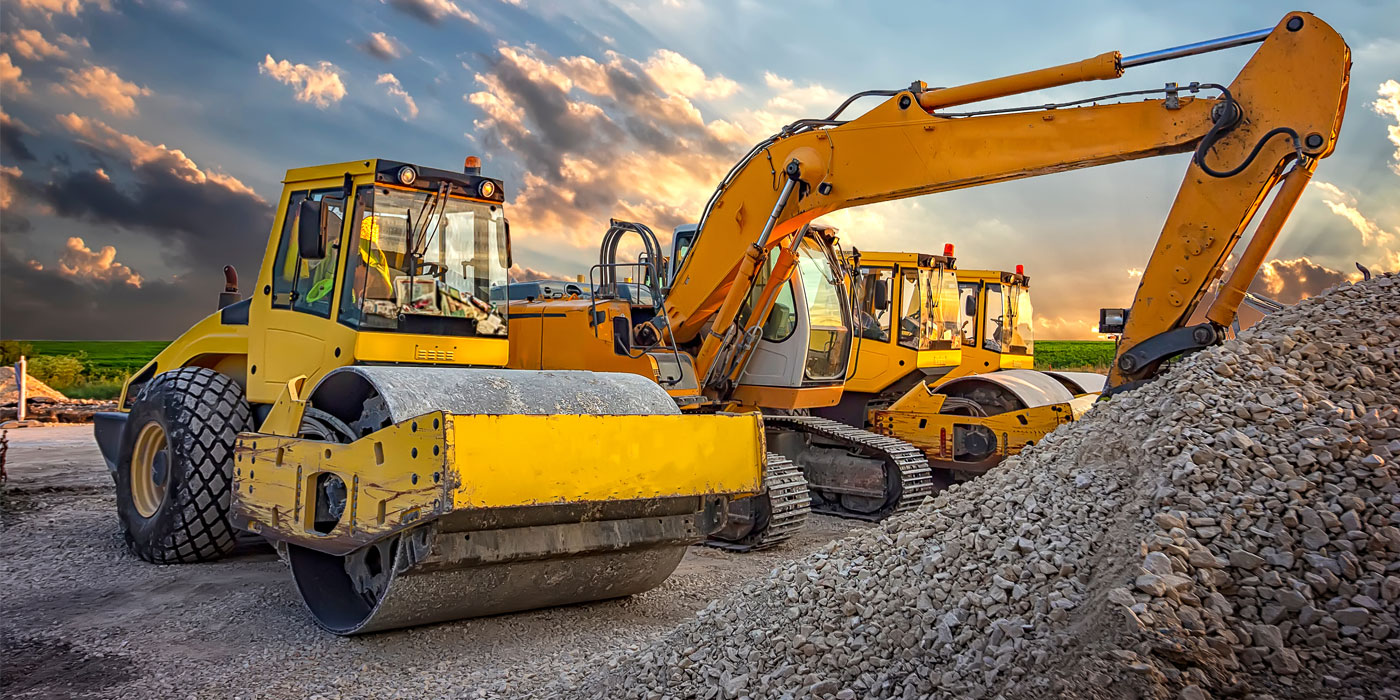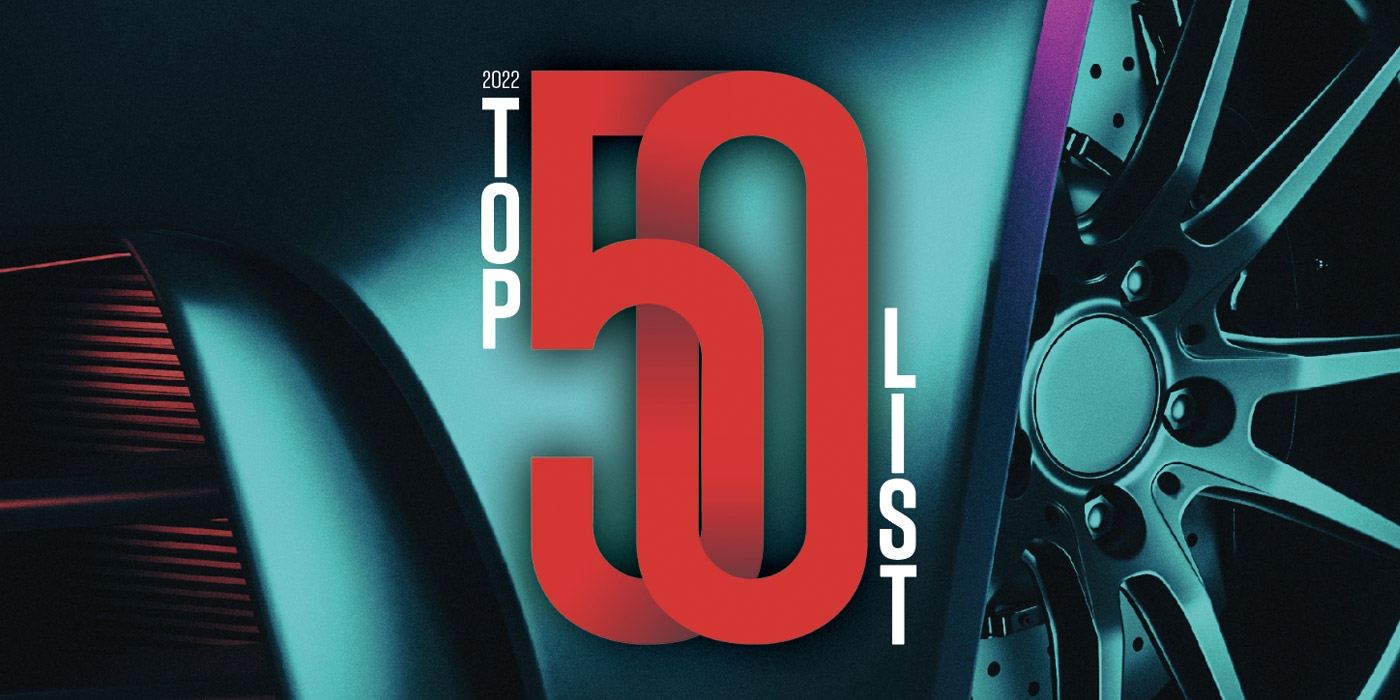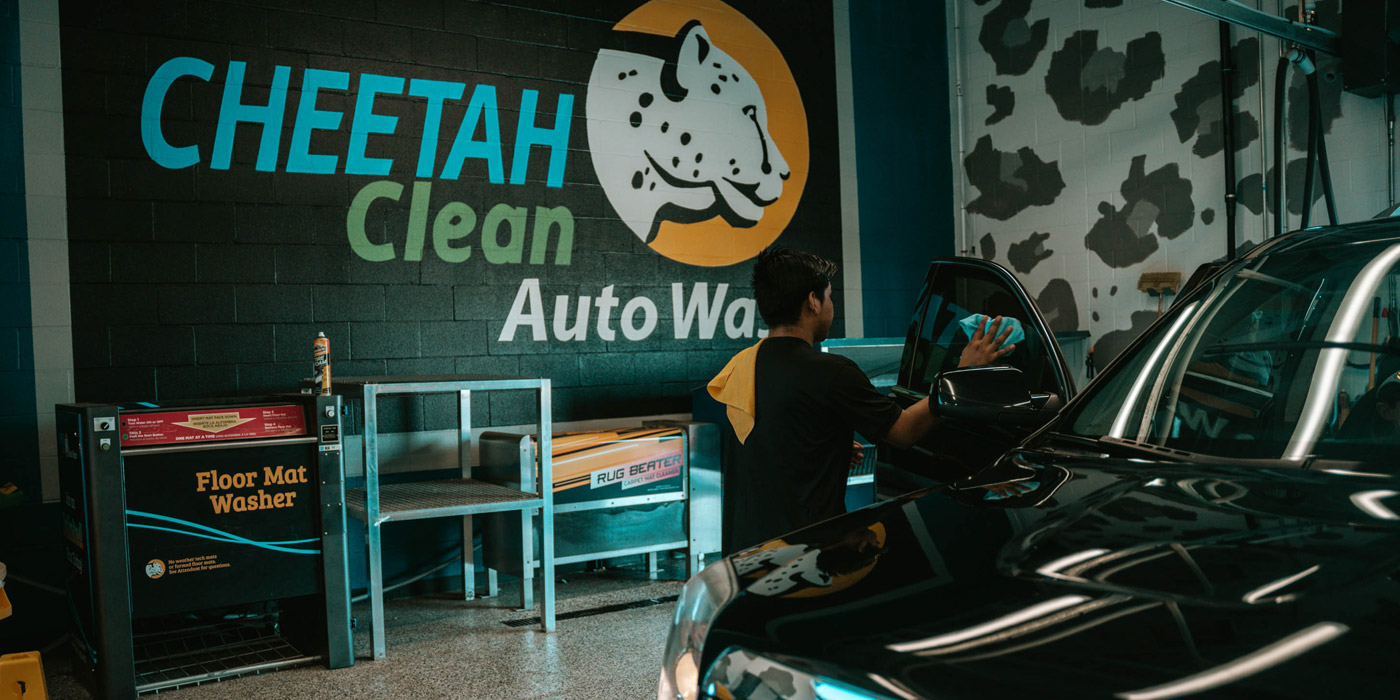When it comes to carwash operating costs, there are definitely things that go bump in the night. One especially pesky pair of phantoms lurks just out of sight, yet they both seem to grow larger month after month. As this duo expands, owners become truly horrified as their profits shrink and shrivel. These terrifying twins are water and sewer costs.
Thankfully, water reclaim systems are here to help owners cut these sinister expenses down to size. If owners are reusing 70-90 percent of their wash water, the savings flow directly to their bottom line. Sure, many owners and operators may balk at the idea of buying new equipment, but an up-to-date reclaim system is a legitimate way to save buckets of money.
Wasted resource
Water and sewer costs go hand-in-hand, according to Scott Avant, national sales manager for SoBrite Technologies. And what carwash owners are finding is that utilizing a water reclaim system reduces their costs substantially. Every market and location has different costs for water, and reclaim can offer dramatic savings depending on those costs.
If an owner is not reclaiming wash and rinse water, they are basically losing free and usable water. “If you are using a reclaim system, then you’re going to be able to capture 70-90 percent of that water and reuse it,” Avant explained. “So that’s going to cut your water bill dramatically. The only thing we can do in the carwash business is control our costs. It’s an effective bottom line tool.”
Steve Suchanek, owner of Water Reclaim Factory, said ideally water costs with a reclaim system would be limited to water makeup. Makeup replaces water lost to evaporation, runoff and drive off. He said total water reclaim is the goal for the equipment.
No sewer bill?
The ultimate goal for sewer usage with reclaim systems is zero. Suchanek said he first became familiar with carwash water waste in the late 1990s when he was approached by a carwash owner. The carwash was located in a rural area, and the business was having trouble getting rid of its wastewater. “I applied my years of experience in recycling various industrial wastes and developed a system that worked very well,” he said. “It turned out to be a total reclaim application.” Since then, Suchanek’s system has improved, and systems can recycle part of or the entire carwash waste volume.
Avant said some areas of the U.S. are now requiring carwashes to use a zero discharge reclaim system. In this case, owners are not allowed to run any wash water into the sewers, and all waste water must be captured.
Reasons to reclaim
Avant said in the areas of the U.S. that suffer from droughts, especially in the Southeast, owners have been forced to adopt reclaim by restrictions requiring the use of reclaimed water. Due to these drought conditions, municipalities have created legislation requiring the recirculation and reclaim of water. Still, in other areas, water is reclaimed at a minimal level just to reduce costs.
One trend Avant has seen is carwash owners that have actually gone beyond being required to install a reclaim system. Many owners are now independently identifying reclaim as a significant cost saver where the initial investment can be paid off rapidly by water and sewer savings.
Which filtration fits?
There are various types and qualities of water filtration available in today’s reclaim systems. Avant pointed out three examples:
- Cyclonic filtration;
- Micron filters; and
- Media filtration.
Cyclonic filtration uses centrifugal force to pull solids from used wash water, while micron filters use a filtration process. Media filtration uses a media to capture all oils and silicones in the water. “We’re now able to pull those out and give a much better quality water that is then able to be used on more applications within the tunnel,” Avant said.
Cyclonic units output water that can be utilized only for high-pressure uses and the lubrication of friction materials. Other filtration systems offer owners the ability to use the water for more applications, according to Avant. “You can use it in some chemical applications, all the way to your final rinse prior to a spot-free rinse.” The uses will be determined by the quality of water that is output by a reclaim system.
If an owner is using reclaim water in a tunnel, Suchanek recommended following maintenance guidelines. One example he provided were worn nozzles. Here, worn nozzles use an excess of water, and they lower a carwash’s ability to clean. “If you are trying to save water and do a good job cleaning, keep up the maintenance.”
There are a number of non-tunnel uses where reclaim water can be used as well. “Side washing such as floor mats should be recycled water,” Suchanek suggested. “Toilet flushing should be recycled. Washing down the entrance ramps and other traffic areas should be recycled.”
Finding the size and the ROI
Based on their pump size, reclaim systems are only capable of pumping out a certain amount of gallons per minute. The size of a system chosen is based on the carwash’s demand. Avant said since owners can choose to use the water for different applications, equipment suppliers must work to make sure that there is a system in place that can provide the amount of water needed.
A water analysis at a carwash can help determine a reclaim system’s return on investment. “Well, we look at the cost of your water, the cost of your sewer,” Avant said. “We’re going to look at how your tunnel is set up … how many gallons per minute it’s set up for with regards to the fresh [water]. And depending on how many applications we can apply reclaimed water, we’re going to be able to reduce that cost as we go down the line.”
Without this water analysis, it can be hard to accurately predict a return on investment because each area is different. One example Avant offered was water costs. He said costs in one county can be 50 percent less than those in the next county, and that difference will definitely influence how long a return on investment takes. “I know that you can expect anywhere from 12 to 24 months for your return on the investment as an average,” Avant said.

